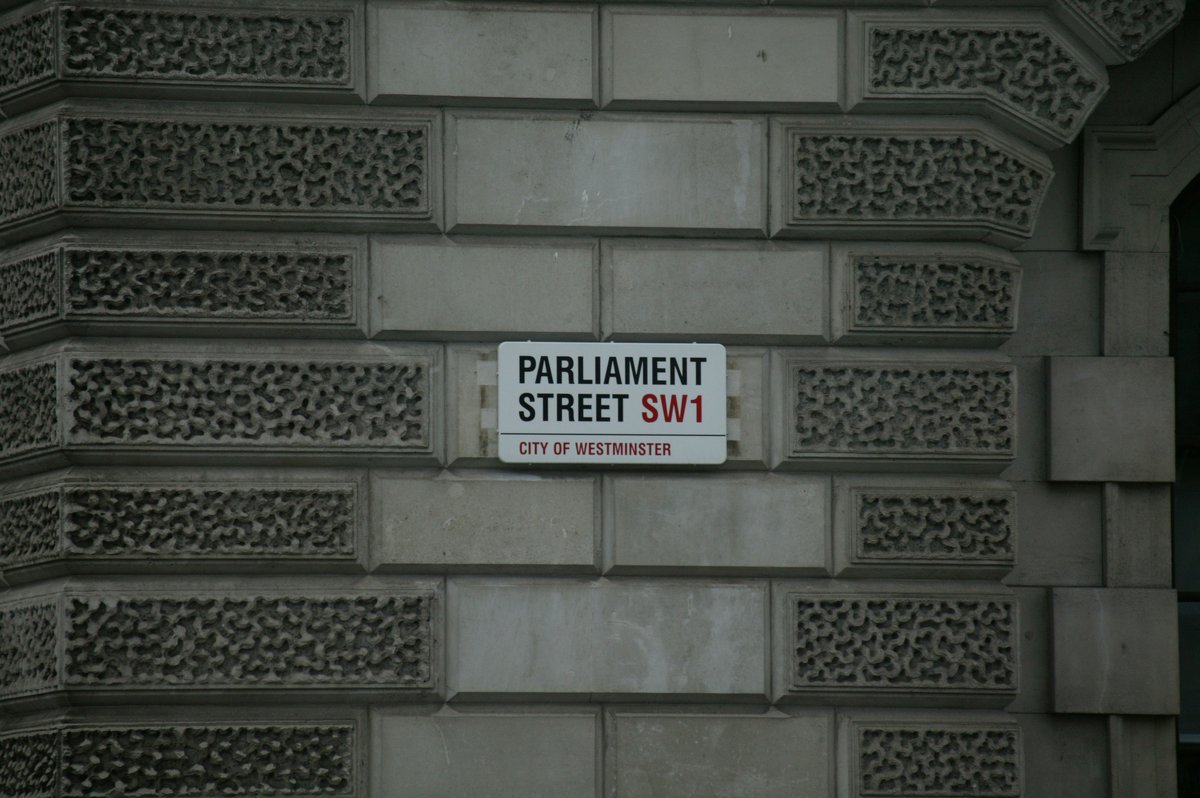The Fiscal Challenge
Facing a £20-30bn fiscal gap, Chancellor Rachel Reeves is looking at creative ways to raise revenue without directly increasing the main rates of income tax or National Insurance—promises Labour made during the election campaign.
Income Tax: The Shelved 2% Proposal
Earlier suggestions included a 2% increase to income tax rates coupled with a 2% decrease in National Insurance. However, this idea has reportedly been dropped. Let's look at what that would have meant for a £50,000 earner:
£50,000 Salary - Under 66 (Original Proposal - Now Dropped)
| Scenario | Current System | Proposed Change |
|---|---|---|
| Income Tax | £7,486 | £8,286 (+£800) |
| National Insurance | £4,227 | £3,427 (-£800) |
| Net Take-Home | £38,287 | £38,287 (No change) |
This swap would have been revenue-neutral for workers, essentially shifting the tax burden without increasing it.
£50,000 Salary - Over 66 (No NI Liability)
| Scenario | Current System | Proposed Change |
|---|---|---|
| Income Tax | £7,486 | £8,286 (+£800) |
| National Insurance | £0 | £0 |
| Net Take-Home | £42,514 | £41,714 (-£800) |
Over-66s would have been worse off, as they don't pay NI but would have faced higher income tax. This may have contributed to the proposal being dropped.
The Stealth Tax: Frozen Thresholds
Instead of raising rates, Reeves is planning a two-year freeze on income tax thresholds. This "fiscal drag" means that as wages rise with inflation, more of your income gets taxed at higher rates—without any headline-grabbing tax increases.
The threshold freeze is expected to raise about £7.5bn, as workers naturally drift into higher tax bands due to wage growth.
Impact of Frozen Thresholds - £80,000 Salary
Assuming 3.8% annual inflation and corresponding wage growth:
| Year | Salary (3.8% growth) | Take-Home (Frozen) | Take-Home (Indexed) | Annual Loss |
|---|---|---|---|---|
| 2025 | £80,000 | £57,163 | £57,163 | £0 |
| 2026 | £83,040 | £58,828 | £59,334 | -£506 |
| 2027 | £86,195 | £60,492 | £61,587 | -£1,095 |
| Total Loss Over 2 Years | -£1,601 | |||
With frozen thresholds, an £80k earner would lose approximately £1,601 over two years compared to inflation-indexed thresholds—and that's just from fiscal drag, not including any actual rate increases.
Property: High-Value Homes in the Crosshairs
Property looks set to bear more of the tax burden. Reeves is considering:
- A new levy on high-value homes: Built on a revaluation of properties in the top council tax bands
- A surcharge on expensive properties: Targeting roughly 300,000 of the most expensive houses, predominantly in London and the South East
This would mark a significant shift in how property wealth is taxed in the UK, moving beyond the outdated council tax system.
Pension Tax Relief Under Scrutiny
Reeves is also eyeing pension tax perks, with rumours of:
- A cap on salary-sacrifice pension schemes
- Changes that could affect both higher earners and employers
- Potential savings of billions in National Insurance currently avoided through these schemes
This would be one of the most significant pension changes in recent years and could substantially affect retirement planning for many workers.
The Bottom Line
Rachel Reeves' strategy is clear: raise revenue through:
- Stealth taxes: Freezing thresholds rather than raising rates
- Wealth and property: New levies on high-value homes
- Pension perks: Closing tax-efficient loopholes
The approach allows Labour to claim they haven't broken their manifesto promise on income tax and NI rates, while still generating the revenue needed to plug the fiscal gap. Whether voters see it as keeping promises or semantic wordplay remains to be seen.
Want to see how these changes might affect you? Use our Income Tax Calculator to calculate your take-home pay under different scenarios.
